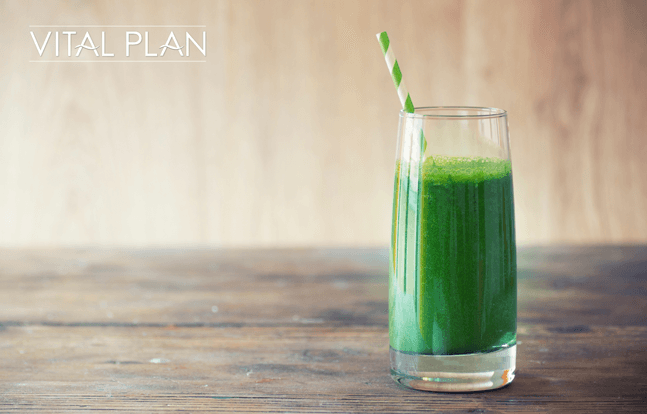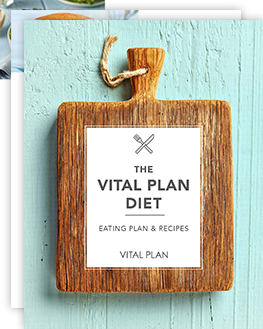According to a 2007 government study, 60 percent of Americans will experience some type of gastroesophageal reflux (GER) condition within a 12-month period, with a quarter of this population experiencing digestive symptoms on a weekly basis.[1]
Unsurprisingly, the American diet — which is high in processed foods and proteins — plays a large role in the prevalence of digestive issues such as gas, bloating, heartburn, and reflux.
What most people don't know is that acid-reducing medications can actually exasperate the problem; by reducing acid in the stomach, the body is unable to breakdown proteins, resulting in increased gas and bloating and a compromised immune system.
Fortunately, you can take action to restore and improve digestive function. Natural enzymes and digestive bitters can provide relief and normalize your GI function. Changing your diet to include fewer processed foods and more fresh produce is also critical for improving digestive health. Try this physician-developed recipe to detoxify your system and infuse it with the active enzymes and nutrients that it needs.
Reap these amazing benefits:
Pineapple
Not only does it tastes great, but it is rich in antioxidants, vitamin C, and fiber. It is the only known natural source of bromelain, an enzyme that promotes digestion of proteins, helping to relieve indigestion. Studies show that bromelain is also useful in reducing inflammation.[2]
Kale
Kale is still trending as a health food, and for good reason! It's a bitter green, and bitter taste helps jumpstart the digestive process. It's a rich source of vitamins and minerals, especially vitamin K — an essential vitamin for protecting your heart, strengthening bones, and improving blood clotting.[3] Kale contains more iron per calorie than beef, and more calcium per calorie than milk! The high fiber and sulfur content of kale will also improve your liver function.[4]
Artichoke
Artichoke is rich in vitamins C and K, folate (vitamin B), and fiber. According to the USDA, artichokes rank as the seventh most antioxidant-rich food. Artichokes also stimulate your liver to produce bile, aiding in toxin removal and protein digestion.[5] Artichoke also improves the function of your gallbladder, a small but important organ that concentrates your bile, making it more effective in digesting fats and proteins.[6]
The Recipe:
Ingredients
• ½ cup pineapple
• 2 cups chopped kale leaves (no stems)
• 2 large cucumbers
• Juice of ½ lemon
• ½ cup fresh mint leaves
• 2 artichoke hearts (from can or jar)
• 1 cup ice
Directions
Wash all the ingredients. Roughly chop and place all the items in a high-speed blender. Blend on high until well mixed. Remove pulp if desired. Optional: add
½ cup Greek yogurt or almond milk.



